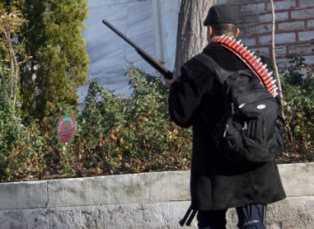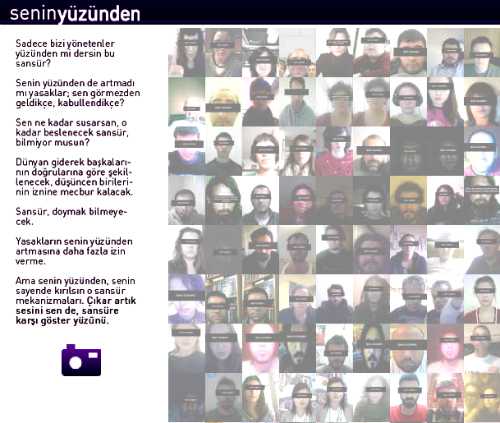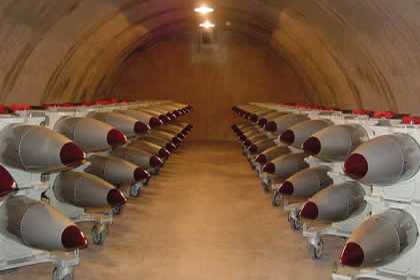by Koshan A. Khidhir
Last week, Turkish Prime Minister Recep Tayyip Erdogan has offered an apology for the killings of 13.806 in the southeastern town of Dersim, Tunceli, between 1936 and 1939. The apology came after quarrel or a war of words between Erdogan and the main opposition Republican People’s Party (CHP), according to Today’s Zaman.
The apology has been viewed in diverse perspectives. This article is affected by perspective of officials in the Kurdistan Region of Iraq, which I have seen in their official statements.
Most of the officials in the Kurdistan Region have seen this apology as rewriting Kurdish history and restructuring Kurdish issue in Turkey within a new framework, so they highly welcomed this initiative. It is not only about the historical incident. It is the political ones, at this time, that some of the points will be elaborated in this article.
The ruling Justice and Development Party (AK party) and Turkish Prime Minister have been working on a variety of initiatives that sustain its power in the country. As well as, he cuts off roots of conservatives and fascism. That will secure the future of the party and implementation of its visions.
Turkish Premier and his party are working on resolving Kurdish issue in the country, but they are doing it step by step. The apology will not be the final step, and it was not the first one, but it is one of the most radical and rooted one. Meanwhile, premier apologizes for a historical incident, which means they are restructuring not just the future, but also their history. While he apologizes on behalf of other and former governments, it means he sees himself responsible for the country not just for the current government. That is the radical points about this apology.
AK Party tries to avoid excluding different ethnics to have their rights within the Turkish state system. Kurds have been deprived from their substantial rights; therefore, the party could gain enormous support, if they protect the rights of Kurds. AK party has good relations with political parties in Kurdistan Region, especially with Kurdistan Islamic Union, and the two ruling parties Patriotic Union of Kurdistan, and Kurdistan Democratic Party. That will be helpful for the party to have an indirect impact on Kurdish actors in Northern Iraq, and then they affect Kurds in Turkey.
The Kurdistan Region has economic ties and trade, which reaches up to 6$ billion dollars yearly. It is increasing continuously. Turkish Airline has formally opened by the Premier this year. There are Turkish companies, banks, private schools and even universities. This has expanded cultural, economic, and social interaction between Turkey-Kurdistan Region. In the last year, thousands of youths in the region have been travelled to Turkey to spend their holiday. That means Turkey-Kurdistan Region has friendly relations. Regarding future progress towards Kurdish issue in the country, I have to say that Turkey need to take this cooperation ties into considerations.
There is another significant point regarding the apology by Turkish premier, which he apologized in a right time. Turkey does not have any elections in coming weeks or months. It shows the party has not done it for the sake of votes. On the other hand, there are revolutions outside Turkey, even in its neighbor countries, it means that Erdogan reaffirms his support for Kurdish issue, while there is instability in the region, and suppressed ethnics are struggling for their rights. He has done it to claim indirectly that he is going to implement his promises and to change the atmosphere for the rights of different ethnics in Turkey. In addition, it uncovers the Erdogan’s methodology to resolve Kurdish issue, in peaceful means, instead of militarizing the issue. This apology has questions the position of military in Turkish politics again.
For ordinary people in Northern Iraq and in Turkey, Turkish official apology for this incident suggests that the ruling party wants to alter government’s standpoint toward Kurdish issue. This would be seen as a starting point for rewriting the new constitution in Turkey, which secures equal rights for different ethnics in Turkey.
It is expected for premier and AK party to have more initiatives towards the Kurdish Issue in Turkey, especially constituting their fundamental rights within the constitution. If events going on in this way, it will not be just expectations, it will also become reality.
*The author is a Journalist, Blogger, and Senior Undergraduate Student in Political Science and International Relations at the University of Kurdistan-Hawler. Koshanali.blogspot.com
via Erdogan’s Dersim Apology Highly Welcomed by the Kurdistan Region | Mideast Youth.







